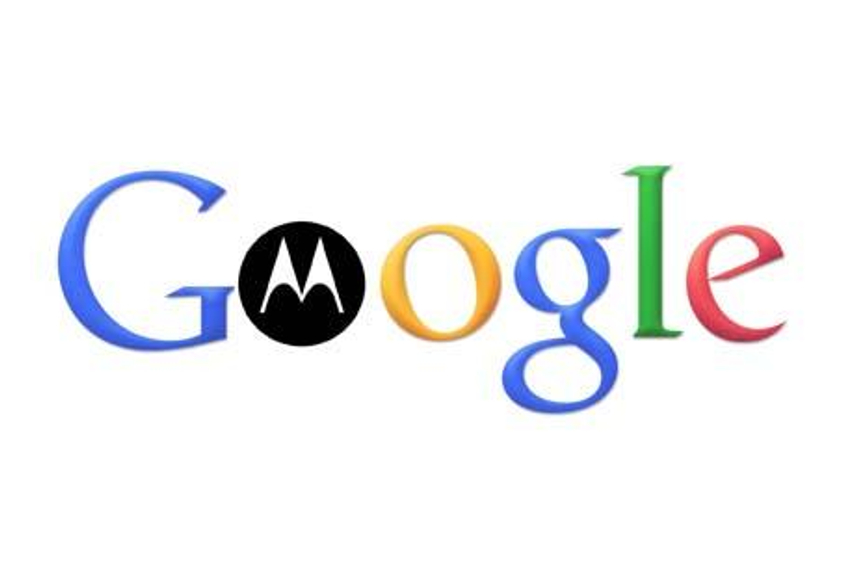
Please sign in or register
Existing users sign in here
Having trouble signing in?
Contact Customer Support at
[email protected]
or call+91 022 69047500
The search giant’s move from internet service to hardware manufacturing has far reaching consequences, particularly in the realm of mobile space

Contact Customer Support at
[email protected]
or call+91 022 69047500
Top news, insights and analysis every weekday
Sign up for Campaign Bulletins
Studio.One makes its debut with several ex-AKQA staffers.
In a world chasing report cards, its new campaign, created by FCB Neo, argues that curiosity—and a little rebellion—are the real success metrics.
As brands chase fandom gold, the event is crafting a careful expansion playbook—scaling big while protecting the authenticity Gen Z demands.
The new guidelines push brands and influencers to rethink credibility, as technical advice in health and finance faces stricter scrutiny.